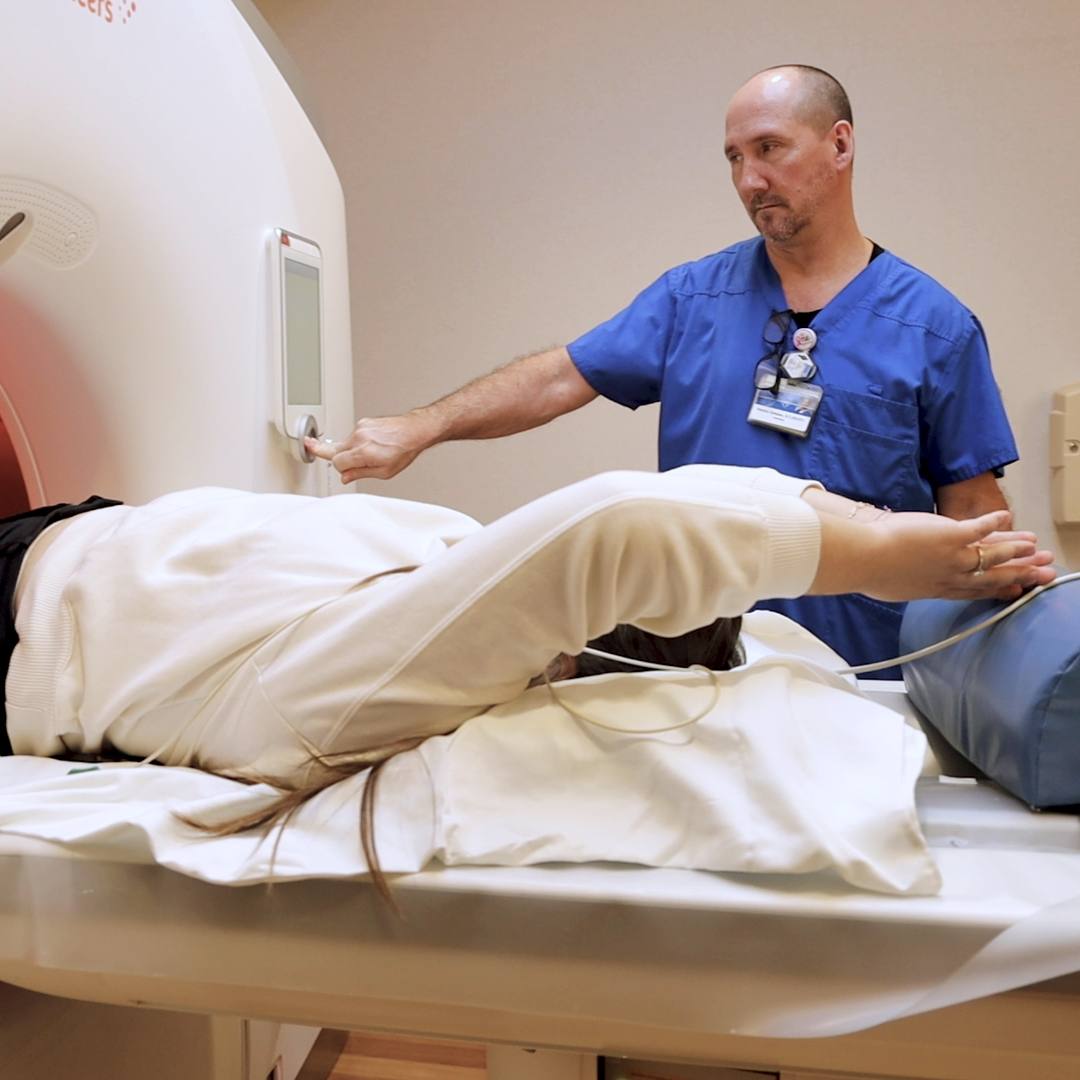-
Cardiovascular
Consumer Health: Understanding pulmonary hypertension

February is American Heart Month, which makes this a good time to learn about pulmonary hypertension.
About 500-1000 new cases of this rare type of high blood pressure are diagnosed each year in the U.S., according to the American Lung Association.
Pulmonary hypertension affects the arteries in the lungs and the right side of the heart. In contrast, regular hypertension, often called high blood pressure, is a common condition that affects the arteries throughout the body.
Pulmonary hypertension is hard to diagnose early because it's not often detected during a routine physical exam. Even when the condition is more advanced, its signs and symptoms are similar to those of other heart and lung conditions.
Pulmonary hypertension is classified into five groups, depending on the cause.
Group 1: Pulmonary arterial hypertension
Causes include:
- Unknown cause (idiopathic pulmonary arterial hypertension)
- Changes in a gene passed down through families (heritable pulmonary arterial hypertension)
- Use of some prescription diet drugs or illegal drugs, such as meth
- Heart problems present at birth
- Other conditions, such as HIV infection, chronic liver disease and connective tissue disorders, including scleroderma and lupus
Group 2: Pulmonary hypertension caused by left-sided heart disease
Causes include:
- Left-sided heart valve disease, such as mitral valve or aortic valve disease
- Failure of the lower left heart chamber, or left ventricle
Group 3: Pulmonary hypertension caused by lung disease
Causes include:
- Chronic obstructive pulmonary disease, or COPD
- Scarring of the tissue between the lung's air sacs
- Obstructive sleep apnea
- Long-term exposure to high altitudes in people who may be at higher risk of pulmonary hypertension
Group 4: Pulmonary hypertension caused by chronic blood clots
Causes include:
- Chronic blood clots in the lungs
- Other clotting disorders
Group 5: Pulmonary hypertension triggered by other health conditions
Causes include:
- Blood disorders, including polycythemia vera and essential thrombocythemia
- Inflammatory disorders, such as sarcoidosis and vasculitis
- Metabolic disorders, including glycogen storage disease
- Kidney disease
- Tumors pressing against pulmonary arteries
There's no cure for pulmonary hypertension, but treatment is available to help improve symptoms and slow the progress of the disease. It often takes some time to find the most appropriate treatment for pulmonary hypertension. The treatments are often complex and require extensive follow-up care. Lifestyle changes also may help reduce your symptoms and improve your condition.
Connect with others talking about managing pulmonary hypertension and living well in the Lung Health support group and the Heart & Blood Health support group on Mayo Clinic Connect, an online patient community moderated by Mayo Clinic.







